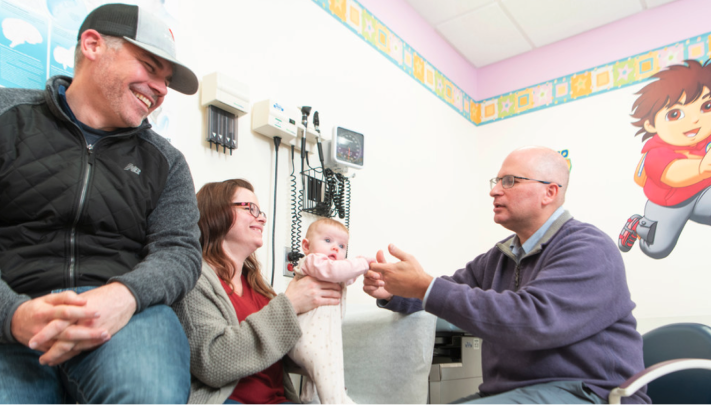
Colorectal
Treating Children with Persistent Symptoms After Surgery for Hirschsprung's Disease

Hirschsprung's disease occurs when nerve cells in the intestine do not form properly in a developing fetus. As a result, nerve cells that would normally be present cannot receive signals from the brain to move food in the intestine forward, causing a host of bowel and digestive problems.
For children with Hirschsprung's disease, surgical intervention to remove the non-functioning part of the colon usually results in restored bowel function and an improved quality of life. But there are some children who continue to have symptoms persist even after surgery for a variety of reasons.
In the Division of Pediatric Colorectal & Pelvic Reconstruction at Children's National Hospital, our pediatric colorectal specialists and gastroenterologists implement an organized and methodical approach to diagnosis, treatment and care for children with persistent symptoms following a Hirschsprung’s pull-through.
Understanding the underlying problems that are causing symptoms and using an individualized approach to treatment is key to successfully managing symptoms and restoring healthy bowel function.
Children who are still having bowel problems after surgery for Hirschsprung's disease can be categorized into three groups (although some children may experience a combination of these problems). These categories include those who experience:
- Fecal incontinence or soiling
- Bowel obstruction (when stool remains trapped in the body)
- Recurrent episodes of enterocolitis (loose and watery stools)



